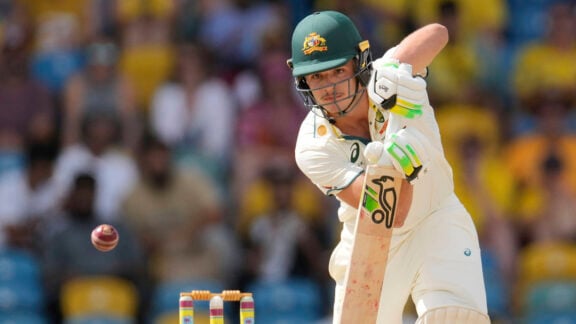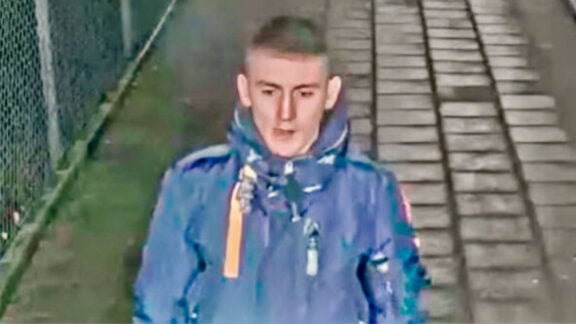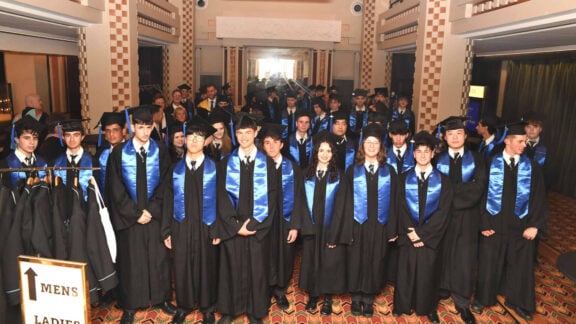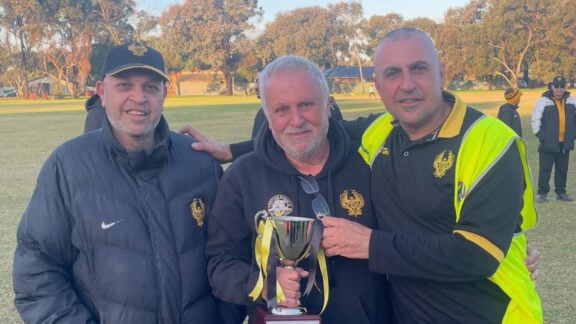Prime ministers George Papandreou and Recep Tayyip Erdogan held two hours of private talks over a working breakfast in the northeast Anatolian city of Erzurum before they were joined by Greek and Turkish foreign ministers Dimitris Droutsas and Ahmet Davutoglu, respectively.
Papandreou was in Erzurum to address a Turkish ambassadors’ conference, alongside Erdogan, following a formal invitation.
Diplomatic sources said that the talks between Erdogan and Papandreou focused mainly on the problems caused by Turkish military plane flights above the Aegean, while migration issues were touched on after the meeting was joined by Droutsas and Davutoglu.
They stressed that the meeting in Erzurum did not aim to make decisions on specific issues, such as that of the Aegean continental shelf that is currently being discussed in exploratory talks between the two sides, but to create a framework for promoting good relations between Greece and Turkey through the mechanisms already set up, such as the High-Level Cooperation Council whose next meeting will prepare for an upcoming visit by Davutoglu to Athens in March.
After the meeting, which lasted longer than initially planned, the two prime ministers were also due to inaugurate the Erzurum Stadium that will host the upcoming World University Games (Universiade), in which university athletic teams from 75 countries will compete.
Afterwards, Papandreou addressed the third annual Turkish ambassadors’ conference, entitled “Visionary Diplomacy: Global and Regional Order from Turkey’s Perspective”.
The meeting, which will also be addressed by Erdogan, is chaired by Foreign Minister Davutoglu and attended by 180 Turkish diplomats serving abroad and at the country’s foreign ministry. The week-long session opened in Ankara on Monday and continues in Erzurum.
The purpose of the conference is coordination of the ambassadors representing Turkey abroad, as well as an exchange of views between technocrats and the political authority.
Greek Prime Minister George Papandreou on Friday covered the gamut of Greek-Turkish relations, differences and whatever prospects for resolution, speaking during a closely watched address at a conference here of Turkey’s top diplomats and leadership.
In opening his address in the northeastern Anatolia city of Erzurum, Papandreou referred to an opportunity to “speak frankly and openly about our future. Will this be a future of peace or confrontation?”
Papandreou referred directly to the challenges and day-to-day problems affecting bilateral relations, while he noted that his Turkish counterpart, Recep Tayyip Erdogan, has chosen to contribute to a new relationship of peace and cooperation.
“Nevertheless, trust is difficult to develop,” he stressed, citing a provocation that occurred as late as Wednesday with the overflight of eight Turkish warplanes of “a small Greek isle (Agathonissi) with 150 inhabitants.”
Conversely, he underlined that he doesn’t believe “the actions of one day” can undermine the careful and systematic work conducted over years.
Moreover, he called on Erdogan, whom he referred to as a “reliable interlocutor”, to consolidate the “trust between us and, in the end, to build a stable peace”.
In further touching on bilateral relations, he said ties should not be left to chance or to fate.
“We need to consolidate rules in our relations; principles and international law, agreements and rule of law. That’s why it’s a dangerous luxury to not solve the continental shelf delineation issue. This difference marked the beginning of the Greek-Turkish confrontation in the early 1970s and continues to be a major problem in our bilateral relations,” he said.
“Since 2002, with the exploratory contacts, we have attempted to ascertain whether there is common ground that could lead to an agreed to resolution … We are obliged to make every effort at finding a mutually acceptable solution. If we don’t achieve this within a reasonable amount of time, we must then seek recourse to international justice for a judgement based on international law. In the interim, steps must be taken to reduce tension,” he added.
In reference to the long-standing Cyprus problem, Papandreou was equally succinct and direct.
“The time will come to have an open and substantive discussion between us over Turkey (EU’s) candidacy. My vision has always been a Cyprus that will serve as a model for the peaceful and democratic cohabitation of Greek Cypriots and Turkish Cypriots, Christians and Muslims. Of course, the Cyprus issue never had as its basis religious dimensions.
“However, there should be no illusions. The international community will not legalise an invasion. Turkey’s European course will not be completed as long as the occupation (of one-third of Cyprus by Turkey) continues. A new effort is needed,” he said, while adding that Cyprus President Demetris Christofias is the leader that can produce a solution on the part of the Greek Cypriots.
Source: ANA








